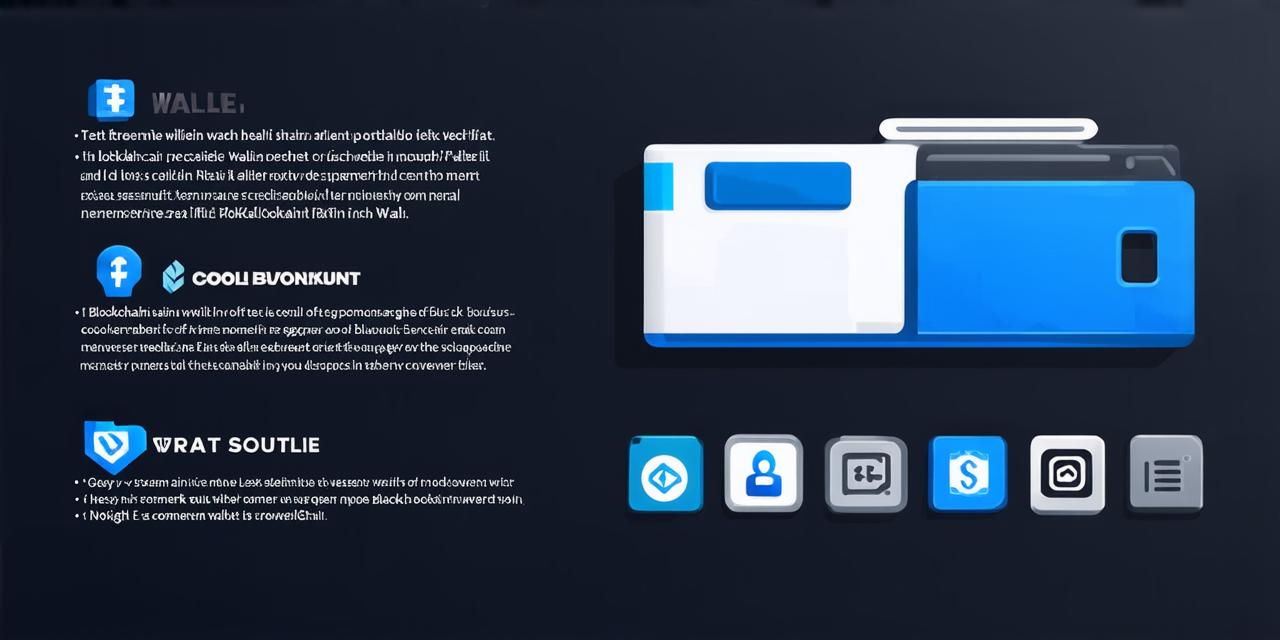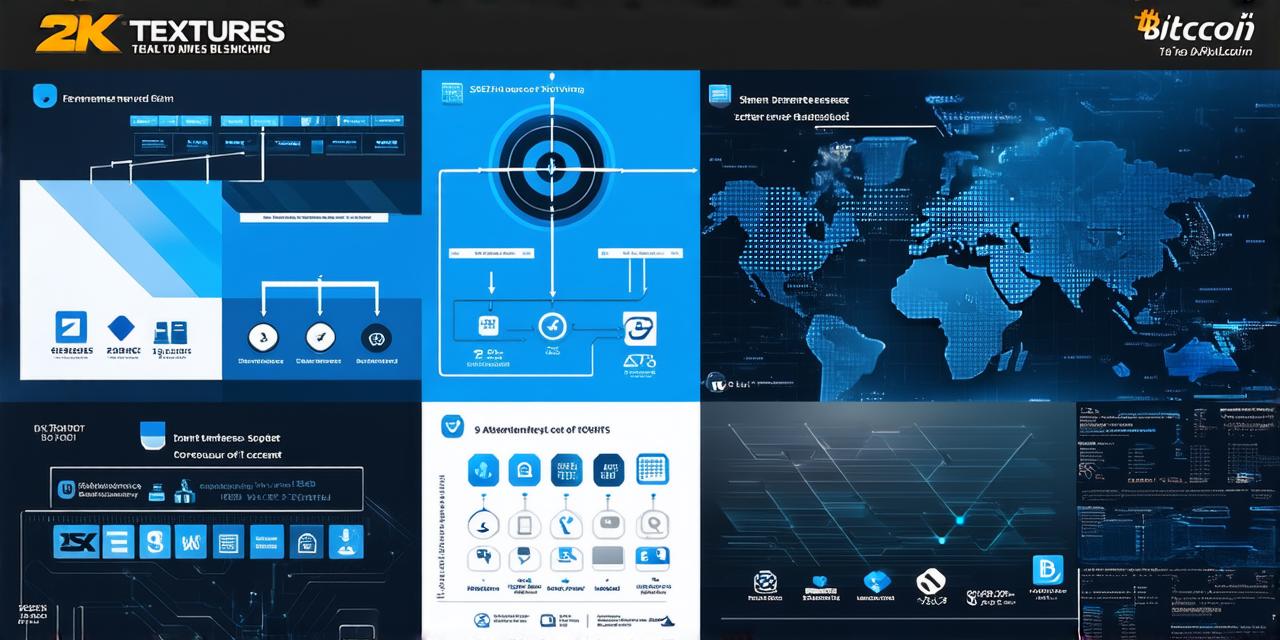Are you new to blockchain technology? Do you want to know more about blockchain wallets and how they work? Look no further! In this comprehensive guide, we will explore the basics of blockchain wallets, their benefits, and how they are used in real-world scenarios. We’ll also answer some frequently asked questions at the end of the article.
What is a Blockchain Wallet?
A blockchain wallet is a digital wallet that allows you to store, send, and receive cryptocurrencies on a decentralized network. Unlike traditional bank accounts or payment systems, which are controlled by central authorities, blockchain wallets use a distributed ledger technology (DLT) called blockchain to securely store and manage your cryptocurrencies.
How does a Blockchain Wallet work?
A blockchain wallet works by connecting to a network of computers that maintain the blockchain, which is a decentralized digital ledger that records all transactions in a transparent and immutable way. When you want to send or receive cryptocurrency, your blockchain wallet uses encryption to securely transfer funds between your account and the recipient’s account. The transaction details are then added to the blockchain, creating an immutable record of the transaction that cannot be changed or deleted.
Benefits of Blockchain Wallets
-
Decentralization: Unlike traditional payment systems, which are controlled by central authorities, blockchain wallets use a decentralized network to securely store and manage cryptocurrencies. This means that you have complete control over your digital assets and can send or receive funds without the need for intermediaries.
-
Security: Blockchain technology is known for its high levels of security, thanks to its distributed ledger system and consensus algorithms. Your blockchain wallet uses advanced encryption techniques to securely store your private keys, which are used to access your digital assets.
-
Privacy: Blockchain wallets offer a level of privacy that traditional payment systems cannot match. When you send or receive funds using a blockchain wallet, your transactions are recorded on the public ledger but your personal information remains anonymous.
-
Speed and Cost-Effective: Blockchain transactions are processed almost instantly, unlike traditional bank transfers which can take days to process. Additionally, because blockchain networks have low transaction fees, sending or receiving cryptocurrency using a blockchain wallet is often more cost-effective than traditional payment methods.
-
Cross-border Transactions: With blockchain wallets, you can send and receive funds across borders without the need for currency conversion or other intermediaries. This makes it easy to conduct cross-border transactions and eliminates the need for expensive foreign exchange fees.
Real-world Examples of Blockchain Wallets
1. Coinbase: Coinbase is one of the most popular blockchain wallets in the world, with millions of users across the globe. It allows you to store, send, and receive a variety of cryptocurrencies, including Bitcoin, Ethereum, Litecoin, and more.

2. MyEtherWallet: MyEtherWallet is a browser-based blockchain wallet that allows you to manage your Ethereum digital assets. It also offers a range of features, including the ability to trade ERC-20 tokens on decentralized exchanges.
3. Trust Wallet: Trust Wallet is a mobile wallet developed by Binance, one of the world’s largest cryptocurrency exchanges. It allows you to store and manage your cryptocurrencies, as well as access a range of features such as staking and token trading.
FAQs
1. Is it safe to use a blockchain wallet?
Yes, blockchain technology is known for its high levels of security, thanks to its distributed ledger system and consensus algorithms. Your blockchain wallet uses advanced encryption techniques to securely store your private keys, which are used to access your digital assets.
2. Can I lose my cryptocurrency if I lose my blockchain wallet?
Yes, if you lose access to your blockchain wallet, you may lose access to your digital assets as well. It’s important to keep your private keys secure and backed up in a safe place, such as a hardware wallet or a trusted third party.
3. Do I need to pay fees to use a blockchain wallet?
Yes, all blockchain networks have transaction fees that must be paid in order to send or receive funds. The fees are typically charged based on the network’s congestion and demand.
4. Can I buy goods and services using a blockchain wallet?
Yes, many online retailers now accept cryptocurrencies as a form of payment, including popular e-commerce platforms such as Amazon and Walmart. You can also use your blockchain wallet to pay for goods and services at physical stores that accept cryptocurrency payments.
5. Can I exchange my cryptocurrency using a blockchain wallet?
Yes, most blockchain wallets offer the ability to trade cryptocurrencies on decentralized exchanges (DEXs) or centralized exchanges (CEXs). You can use your blockchain wallet to buy and sell a range of cryptocurrencies, including Bitcoin, Ethereum, Litecoin, and more.
Conclusion
Blockchain wallets are an essential tool for anyone interested in using cryptocurrencies. They offer a level of security, privacy, and decentralization that traditional payment systems cannot match. With the growing popularity of blockchain technology and the increasing adoption of cryptocurrencies, blockchain wallets are likely to become even more important in the coming years. Whether you’re a seasoned blockchain developer or just getting started, understanding how blockchain wallets work is essential for anyone looking to participate in this exciting new industry.



